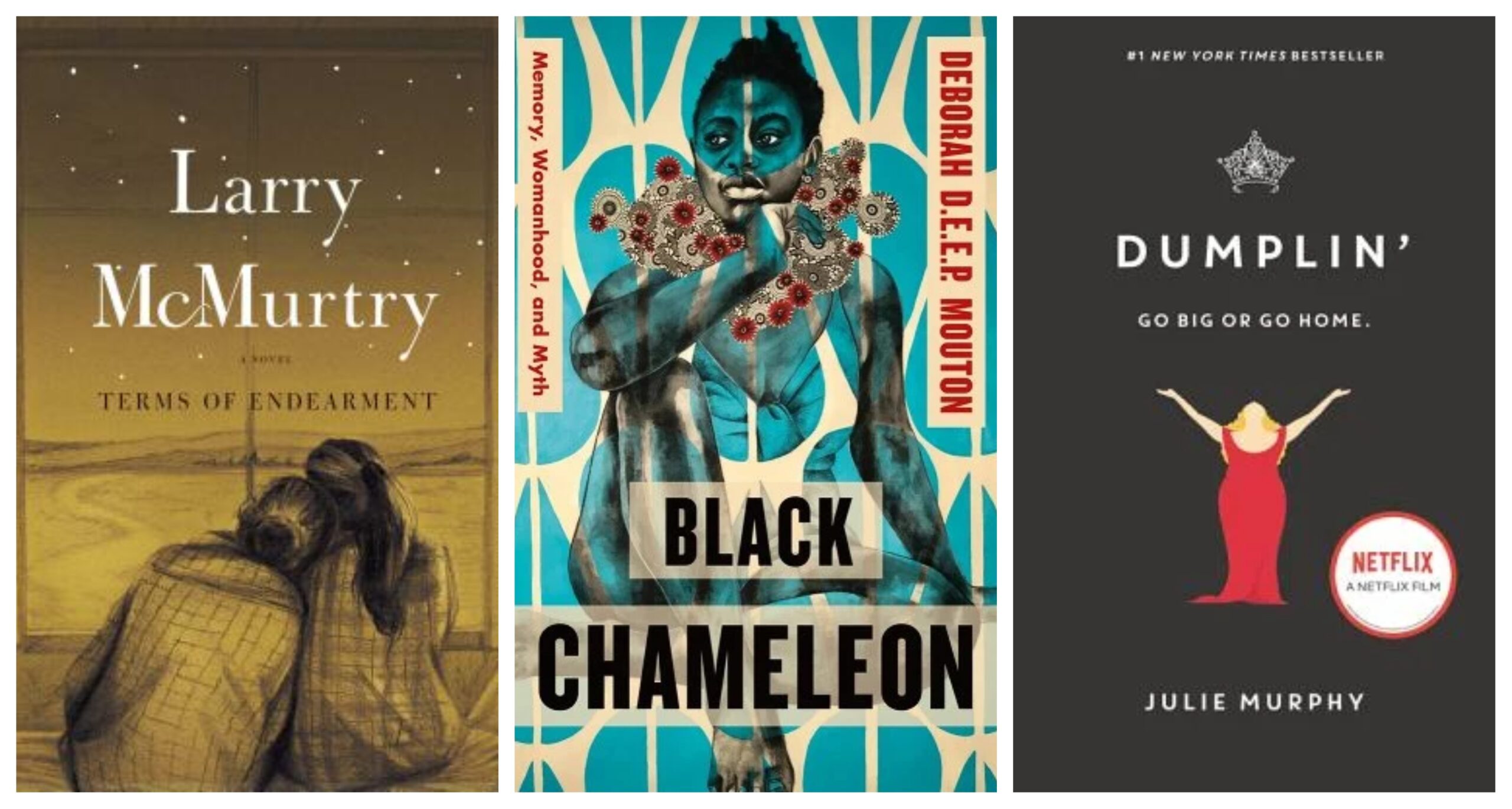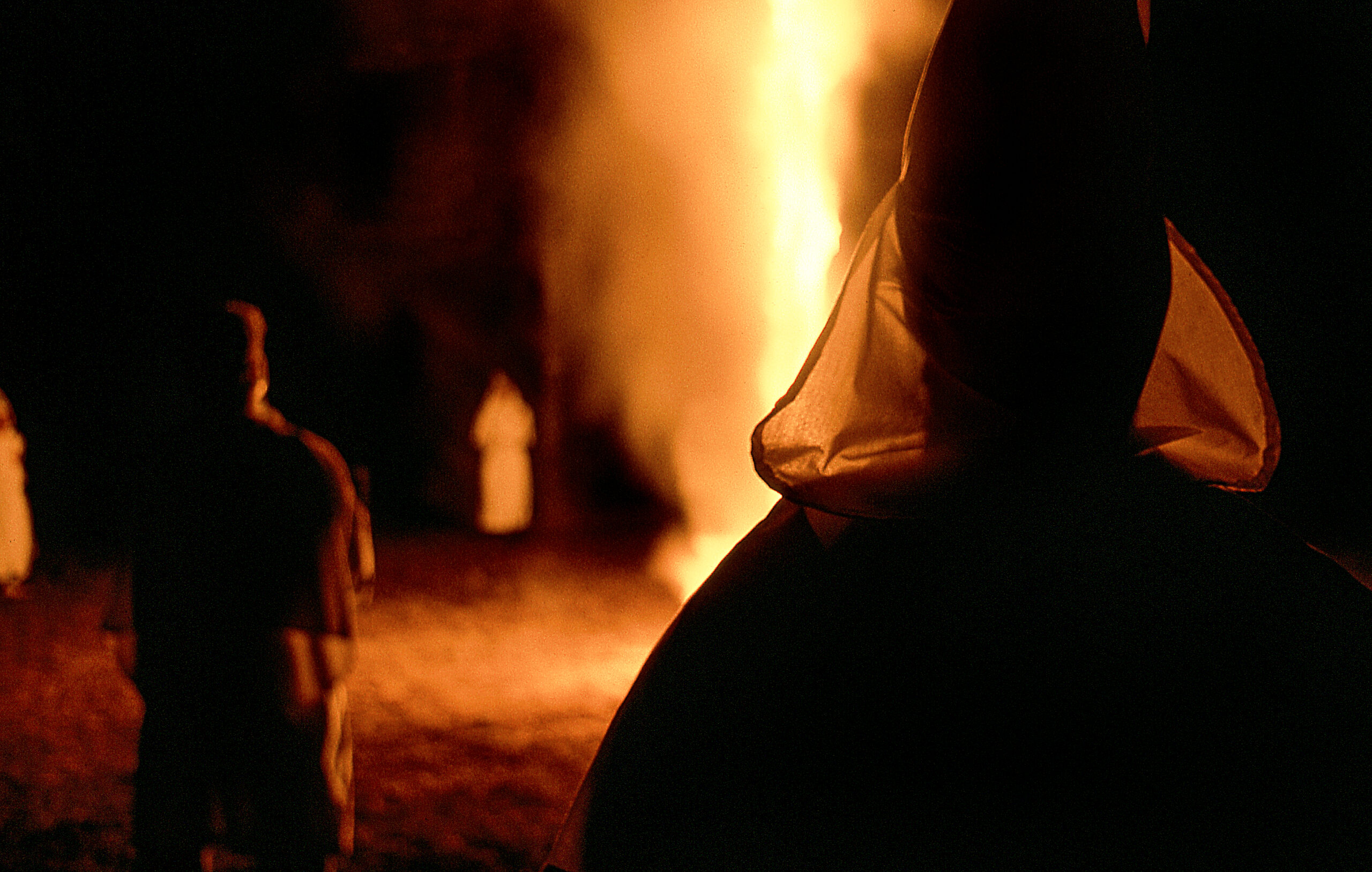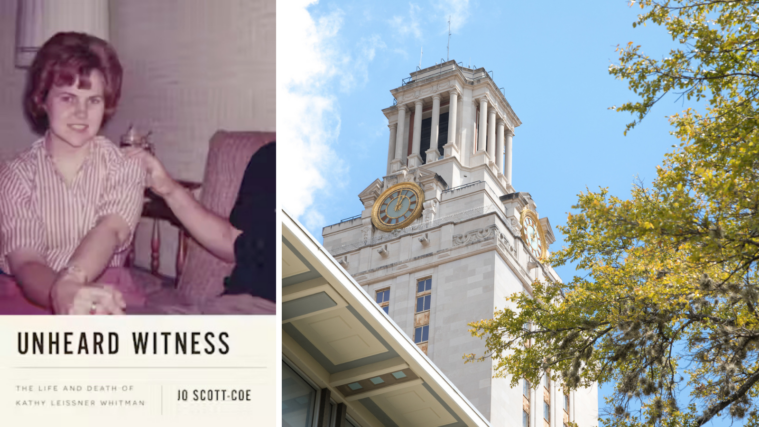
Texas Mother-Daughter Books Are More a Shot of Whiskey than a Sip of Tea
Undoubtedly, mother-daughter relationships are as varied in the Lone Star State as anywhere else on the planet, but in my experience, Texas moms are tough.
I’m going to admit something to all y’all: the best thing that has ever happened to me—becoming a mother—is also the absolute worst. When my daughter was born, I was unprepared for the overwhelming scope of motherhood, the endless fulfilling of needs, the simultaneous busyness and boredom, the crushing psychic pressure of being responsible for a new human being, and the stretch marks that blessed my ever-expanding heart. I resented her and I adored her. My precious girl.
Undoubtedly, mother-daughter relationships are as varied in the Lone Star State as anywhere else on the planet, but in my experience, Texas moms are tough. Maybe because we have to be; a recent survey ranked Texas as one of the worst states for women in terms of economy and well-being, which is certainly nothing new.
Texas mothers—like the land itself—can be flinty and intense, tempestuous and severe, even as we protect, nurture, and defend our babies. I’m fascinated by the varied ways the women in my life have approached motherhood, and how rarely they match the idealized depictions we grew up with on TV. Perhaps that’s why I prefer to write—and read—about strong women and their complicated, imperfect familial relationships.
My latest, The Young of Other Animals, tells the story of Mayree and her daughter, Paula, whose tense proximity has grown more fraught following the death of Mayree’s husband. When Paula narrowly survives a violent assault, the two confront the shared traumas of their pasts, and attempt to save the relationship they hadn’t realized they’d lost. This is my most personal novel to date, inspired by the attack I survived at age 19–which I didn’t even tell my mother about until last year.
Here are two classics and six other more recent books about mothers and daughters in Texas that illuminate how we’re more likely to be one person’s shot of whiskey than everybody’s cup of tea.
Billy claims to have no feelings for her “liar and cheat” of a mother, but as she finds herself replicating Willa Mae’s con-artist tricks, she realizes she’s likely to end up exactly like her.
Terms of Endearment by Larry McMurtry (1975)
Maybe you remember this as the classic Academy Award-winning 1983 movie. But this 1975 McMurtry novel set in Houston is full of crisp prose and fascinatingly flawed characters. The story centers on Aurora Greenway, an acerbic, eccentric Houstonian widow navigating life and a complicated relationship with her imminently practical daughter, Emma. For those readers who need their characters to be likable, this one—like most of the books on this list—might not be for you. Aurora is indeed often unlikeable, but at least she isn’t uninteresting. She is the sun of her own solar system, around which other characters—her daughter, her housekeeper, her string of male suitors—orbit. But it is her daughter who understands her the best, which seems to contrast the way Aurora feels about Emma, until at the most crucial moment, it doesn’t.
Black Chameleon: Memory, Womanhood, and Myth by Deborah D.E.E.P. Mouton (2023)
Mouton’s mother looms large throughout this fascinating memoir by Houston’s poet laureate emeritus. “My favorite truth happened long before I can remember. But my mother does,” Mouton writes. She relies on her mother’s stories of their ancestry, on her sharp-edged pride, on her faith, and on her insistence that the author “reclaim herself all Black, all woman, and loved.” However, this “biomythographic” memoir focuses not just on Mouton’s relationship with her own indomitable mother, but on the essential role of Black mothers throughout history.
Dumplin’ by Julie Murphy (2017)
This light-hearted bildungsroman tackles some heavy themes: inhabiting a human body that a mother is compelled to criticize, wanting to love and be loved, and living unabashedly alongside profound insecurities. Willowdean is a plus-sized, 16-year-old, Dolly Parton-loving Texan living with her former beauty queen mother who calls her, not insignificantly, “Dumplin’.” This positive coming-of-self story is billed for YA but taps right into one of Dolly’s famous quotes: “Find out who you are. And do it on purpose.”
Black Light by Kimberly King Parsons (2019)
For good reason, Parson’s debut short story collection was longlisted for both the National Book Award and the Story Prize. Primarily set in a semi-rural working-class Texas, these stories are full of sharp, empathetic observations about the gritty and mundane lives of ordinary people in various states of desire and deprivation, longing and loneliness. All twelve are masterful, but my favorite is “The Soft No.” Told from the perspective of a tween-age daughter, it’s a concise and stunning examination of the titular broken-down, soft-no mom, whose depression has trapped them both in a life filled with uncertainty. “Spirits up,” the narrator says, “she lets us dig through her purse and order a while pizza for everyone…Downswing is different: Mom unshowered in dark lipstick and baggy underwear, whimpering in the kitchen, stepping all over the groceries she ordered but won’t put away.”
Daughter of a Daughter of a Queen by Sarah Bird (2020)
Set against the backdrop of the American Civil War, this historical fiction is absolutely spellbinding. It tells the fictionalized story of the real Cathy Williams, a former slave and the only woman to ever serve with the legendary Buffalo Soldiers. Though born into servitude in America, Williams’ maternal grandmother had been an African warrior queen, and, in her words, “my mama never let me forget it.” When Cathy is taken from her plantation—and her mother—by Philip Sheridan of the Union Army and recruited to work as a cook’s assistant, she recalls her mother’s words: She was never a slave but a captive whose warrior blood destined her escape from the enemy. To survive, Cathy poses as a man, becoming an outspoken, hardworking, unbreakable soldier posted at Fort Davis in West Texas. Although Cathy and her mother are separated for most of the book, I was compelled by the strength Cathy draws from her maternal heritage and her unwavering determination to someday be reunited with her mother.
Getting Mother’s Body by Suzan-Lori Parks (2004)
“Where my panties at?” So begins the unforgettable journey of 16-year-old orphan Billy Beede, five months pregnant by a coffin salesman in 1960s Ector County, Texas. When Billy finds out her baby’s father is married, she heads west to visit her mother Willa Mae’s coffin, and dig up the jewelry Willa Mae’s lesbian lover, Dill, claims to have buried her with. (Coincidentally, Dill—like Cathy in Daughter of a Daughter of a Queen, also presents as a man, which makes me think about the lengths women will go in order to survive misogynistic circumstances.) Billy claims to have no feelings for her “liar and cheat” of a mother, but as she finds herself replicating Willa Mae’s con-artist tricks, she realizes she’s likely to end up exactly like her. Parks, who won a Pulitzer Prize for her play Topdog/Underdog, is one of the most innovative storytellers I’ve read.
Good as Gone by Amy Gentry (2017)
Fans of abduction thrillers will love Gentry’s story about a teenage girl who goes missing, only to reappear on the family doorstep eight years later. Anna, who wasn’t particularly emotive with her daughter before Julie’s kidnapping, struggles to connect with the woman who claims to be her missing child. She says, “You look at your daughter and it all comes back, every microsecond when you felt that twin surge of shame and fear, but this time it’s outside of you, happening to a body that feels like yours but doesn’t belong to you, so there’s no way to protect it.” This twisty tale, set in Houston, ventures into disquieting the territory of female inexperience and yearning, violence and family volatility.
The Liar’s Club by Mary Karr (2005)
This timeless memoir is an absolute treasure: structured like a novel with a poet’s turn of phrase, and just enough embellishment to make a reader wonder if the title is a double entendre. Karr’s cutting, gutting story, set in hot, gritty east Texas in the early 1960s, deals mostly with her middle childhood and her relationship with her undependable, substance-addicted parents. Much of her early life was spent trying to safeguard her mother, Charlie, from herself. And more than once, Charlie attempted some f’ed-up violence against Mary and her sister Lecia. Mary forgave her again and again, but this poignant reflection stuck with me: “Those other grown-ups were scared. Not only of my parents but of me. My wildness scared them. Plus, they guessed that I’d moved through houses darker than theirs. All my life I’d wanted to belong to their families, to draw my lunch bag from the simple light and order of their defrosted refrigerators.” Though Karr is sober now, I can’t help but wish I’d met her in her drinking days so I could pour us a couple of martinis and open up about life and trials as a woman growing up in the Lone Star state.
Editor’s Note: A different version of this essay ran in Electric Literature, reprinted with permission of the author.



